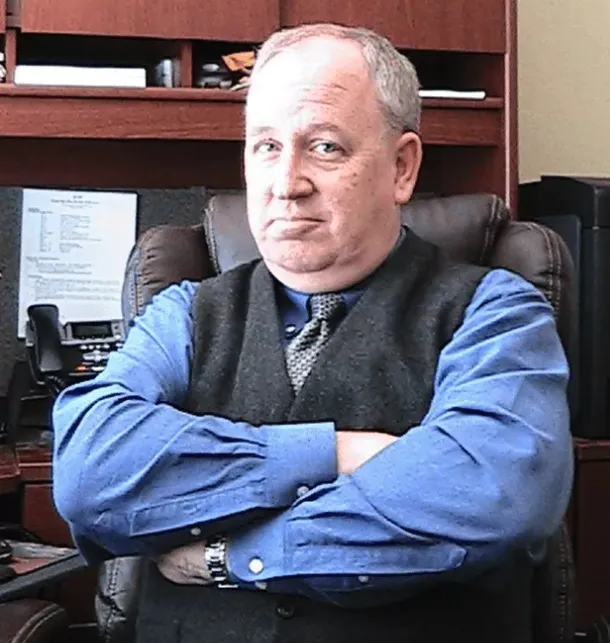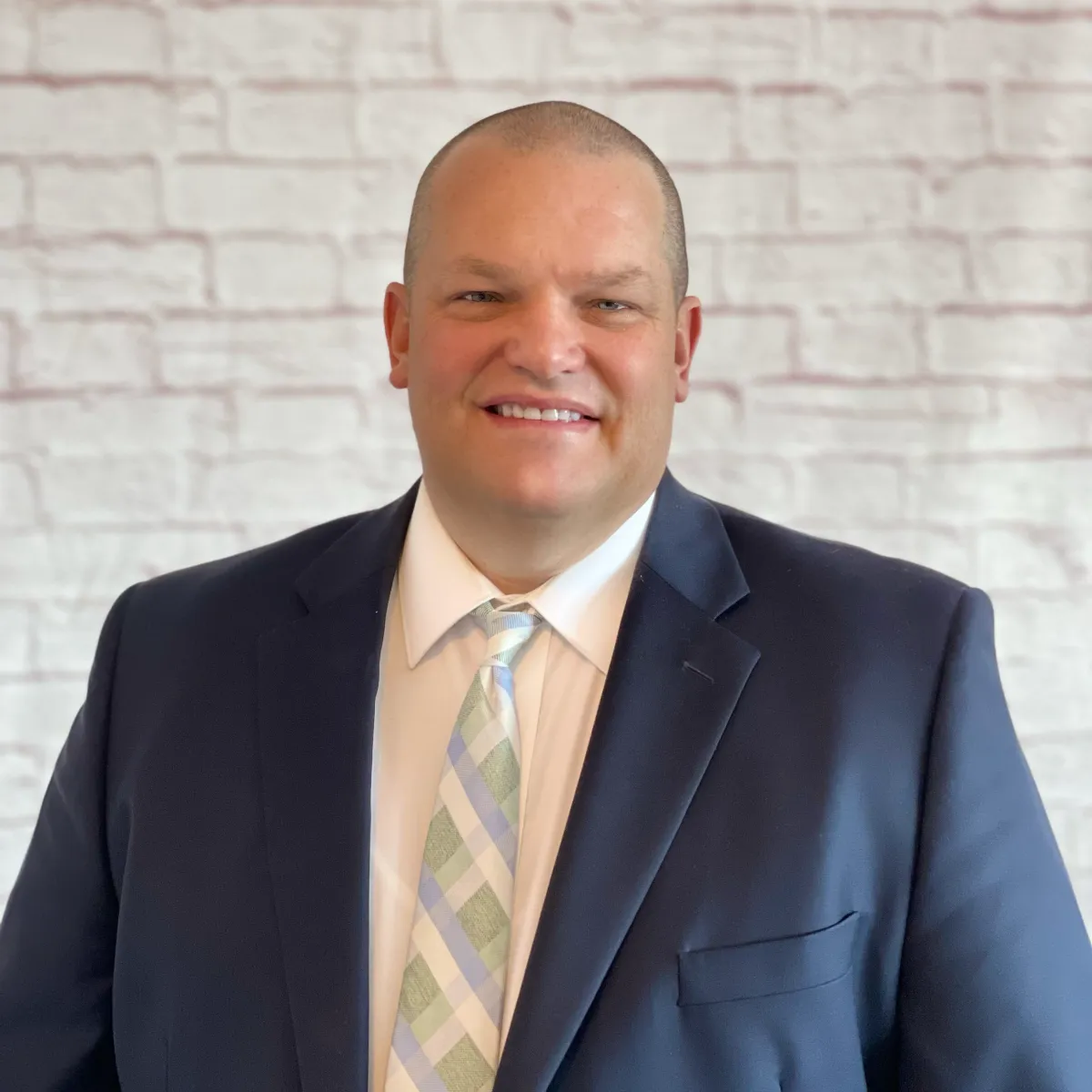Articles and Podcasts

Weathering the Storm
How Natural Disasters Impact Practice Owners and What Opportunities They Create
TRANSCRIPT:
Welcome back to The Perfect Place to Put a Practice Podcast, the show where we dive deep into the business of running a successful practice for dentists, veterinarians, and optometrists. I’m your host, Mike Green.
Yes, that is right, after a long absence from uploading new podcast episodes we are back. We’ve been working on a secret project, we are finally back and will be releasing new podcast episodes on a regular schedule. What is the secret project you ask? Well, after nearly a year of late nights researching and writing, and with enough drafts to fill the gulf of Mexico, we are finally through the writing and editing stage of releasing our new book. The books title, and we are debuting it here is Dental Marketing Mastery. Now, those of you who are not in the dental field, do fret. We have been also working on a Veterinary and Optometry version of the book which will release a few months after the initial launch. And speaking of launch dates, we are currently shooting for a December 2024 launch, which will make it a perfect stocking stuffer for your aspiring dentist friends. As a matter of fact, we will be giving the first 500 copies of this book away for free, all you have to do is pay the shipping. That list is already starting to fill up so if you would like to get your free copy of Dental Marketing Mastery, go to www.doctordemographics.com/book to reserve your copy.
Alright with that out of the way, today, we’re talking about something that, unfortunately, many practice owners don’t often prepare for until it’s too late: natural disasters, specifically hurricanes, and the immense impact they can have on local economies and your business.
And before we dive into this episode, we want to let those of you in Florida who are facing a very scary situation with Hurricane Milton the best of luck. Please stay safe and know that we at Doctor Demographics are thinking of you and are here to support in any way we can.
We’ve all seen the devastation that hurricanes can cause—communities left in shambles, homes destroyed, and businesses severely disrupted. As a practice owner, a hurricane doesn’t just affect your property—it affects your patients, your staff, and your ability to generate income. But as we’ll explore today, even in the midst of such challenges, there are opportunities for growth and adaptation. And sometimes, out of disaster comes innovation.
First, lets talk about the Economic Impact of a Natural Disaster
Natural disasters, like hurricanes, can completely upend local economies. According to the National Oceanic and Atmospheric Administration (NOAA), in 2020 alone, the United States faced 22 separate billion-dollar weather and climate disasters. And hurricanes make up a large percentage of these events. When a major hurricane hits, the economic impact can be felt in several ways: loss of infrastructure, mass evacuations, business closures, and long-term disruptions to the local job market.
Hurricanes have the power to halt entire communities for weeks, sometimes months. Practice owners are not exempt from this. Imagine for a moment that you’re a dentist or a veterinarian, and a hurricane just tore through your town. Power is down, roads are flooded, and your office—your primary source of income—is inaccessible. You may have to close your doors for an extended period, which could mean a loss of revenue, patients seeking care elsewhere, and, in some cases, damage to the physical practice itself.
One clear example of this kind of impact comes from Hurricane Katrina in 2005. Katrina wasn’t just a devastating event for the people of New Orleans—it was a disaster that redefined the entire region’s economy. It’s estimated that Katrina caused over $125 billion in damages, and it destroyed or significantly damaged more than 40,000 small businesses. For professional practice owners in particular—dentists, vets, and optometrists—recovery wasn’t just a matter of rebuilding their offices. It was about reconnecting with displaced patients and reestablishing trust in a community that was in survival mode.
Next, lets talk about how Hurricane Katrina Transformed the Dental Community
Let’s focus specifically on the dental community of Greater New Orleans, which faced monumental changes after Katrina. Before the storm, New Orleans had a thriving dental industry, with well-established practices that served the city’s diverse population. But the aftermath of Katrina left many practices unable to reopen. In fact, a study published by the American Dental Association (ADA) noted that 15 to 20% of dental offices in New Orleans either shut down permanently or relocated to other areas after the storm. Many dentists faced overwhelming financial challenges because their offices were flooded or destroyed. Equipment was damaged beyond repair, and rebuilding costs skyrocketed in a city where resources were already stretched thin.
However, this devastation also created opportunities for those who could adapt. Some practices that were able to rebuild found that the shortage of dentists in the area created a unique opportunity for growth. New patients flooded into the few operational clinics, leading to rapid patient base expansion. Dentists who embraced the chance to invest in their businesses during this difficult time found themselves busier than ever.
Take, for example, a good friend and client of ours. Lets call him Dr. Bill, a dentist in New Orleans whose practice was completely flooded by Katrina. For weeks, he didn’t know if he would ever be able to reopen. But after some hard decisions and securing a loan for repairs, he rebuilt his practice from the ground up, investing in new technology and expanding his services. When many dental practices failed to reopen, Dr. Bill’s clinic became one of the few in the area that could accept new patients. Within a year, his patient load had doubled, and his practice was thriving in ways it hadn’t before the storm.
Alright, lets get specific about the Obstacles Facing Practice Owners in the Aftermath of a Disaster.
While opportunities for growth can exist, it’s important to recognize that natural disasters create significant obstacles, and not every practice can bounce back as quickly as Dr. Bill’s.
First, there’s the issue of staff retention. After a major hurricane, many staff members may have evacuated, and not all of them will return. As a matter of fact, many of those who were forced to evacuate New Orleans during Katrina ultimately ended up in Houston. Housing might be destroyed, schools closed, and some families may decide to relocate permanently. Losing key employees means having to hire and train new staff, which is an additional cost when your practice is already struggling to get back on its feet.
Another major obstacle is financial stability. Rebuilding after a disaster is expensive. The Small Business Administration (SBA) estimates that about 40% of small businesses don’t reopen after a disaster, and of those that do, only 29% survive beyond two years. For practice owners, especially those in smaller private practices, this can be due to a combination of property damage, lost revenue, and patient attrition. Insurance might cover some losses, but many policies don’t account for long-term business interruptions, meaning it’s up to the practice owner to cover operational expenses.
For example, after Hurricane Harvey hit Texas in 2017, another client, a veterinarian in Houston lets call her Dr. Fox, found herself facing over $200,000 in repairs for her clinic, none of which her insurance covered. With no patients coming in and no way to generate income, she was faced with either taking on massive debt or shutting down completely. Fortunately, through community support and a small business loan, Dr. Fox was able to reopen, but it took nearly a year to regain her client base.
So, will all of that being said, there are some Opportunities Amidst Disaster**
While the challenges are significant, natural disasters also create opportunities for innovation and growth. For those practice owners who can weather the initial storm, rebuilding often allows them to upgrade their facilities, invest in new technologies, and rethink their business models. In the aftermath of a disaster, many communities pull together, creating strong support networks for local businesses.
In some cases, local and federal governments offer grants and low-interest loans to help business owners get back on their feet. After Hurricane Maria in Puerto Rico, for example, many clinics were able to rebuild stronger than before thanks to federal disaster aid. Furthermore, patients returning to an area after a disaster often feel a strong sense of loyalty to the local businesses that stood by them during tough times.
Another opportunity lies in the shifting demographic landscape after a disaster. Some areas see an influx of new residents during the recovery process—construction workers, federal employees, and volunteers. This creates new patient bases for professional practice owners who are prepared to meet the demand. Practices that can adapt quickly, offer essential services, and communicate effectively with their communities often see growth, even in the midst of hardship.
So, what are some Lessons for Practice Owners who are facing a natural disaster?
So, what does this mean for you as a dentist, veterinarian, or optometrist? How can you prepare your practice for the unexpected? Here are a few key takeaways:
1. Disaster Planning is Essential: Having a disaster preparedness plan in place is crucial. This includes ensuring that your practice is properly insured, with coverage that extends to both property damage and business interruption. Make sure you know exactly what your policy covers and whether it’s enough to sustain your business during an extended closure.
2. Have a Financial Backup Plan: Disasters often strike without warning, so it’s important to have a financial cushion. This might include setting aside emergency funds or having access to lines of credit that can help you through a temporary closure.
3. Stay Connected with Patients: During and after a disaster, communication with your patients is vital. Whether through social media, email newsletters, or direct messaging, make sure your patients know if you’re open, what services you’re offering, and when you expect to be back at full capacity.
4. Embrace the Opportunity to Innovate: If you do find yourself rebuilding after a disaster, consider it an opportunity to upgrade your practice. Invest in newer, more efficient technology, expand your services, or even rebrand your practice. You may find that your business comes out stronger on the other side.
As practice owners, we can’t always predict when disaster will strike, but we can prepare for it. While hurricanes and other natural disasters bring undeniable challenges, they also present unique opportunities for growth, innovation, and community engagement. Learning from events like Hurricane Katrina shows us that even in the face of overwhelming odds, it’s possible to rebuild stronger and better than before.
Thank you for tuning in to today’s episode of The Perfect Place to Put a Practice Podcast. I’m Mike Green, and I hope today’s discussion has given you valuable insights into how you can protect your practice and take advantage of opportunities in the midst of adversity. For more information on how you can do that, stop by www.doctordemographics.com or you can send me an email at [email protected].
Until next time, stay prepared, stay resilient, and as always, stay focused on the future of your practice.
Our Leadership

Scott McDonald
"Demographics is more than just facts and figures. It is the foundational story in which we develop the right strategy and plan to create successful practices over the long-term. Markets change, economies fluctuate, and internal goals differ. Our goal at Doctor Demographics is to provide you with not just the data, but experienced analysis to help you create the practice you've always dreamed of having."
Scott McDonald
Founder - Doctor Demographics

Mike Green
"Mike Green is a seasoned healthcare strategist with over 30 years of experience specializing in practice placement/promotion strategies, demographics, and psychographics. He empowers doctors and healthcare entrepreneurs to build thriving, patient-centered practices through data-driven strategies. Having conducted over 10,000 market studies over the. years, Micheal transforms insights into actionable plans, helping practice owners establish and scale their practices across the United States and beyond. His proven approach ensures practices not only compete but excel in their communities. Micheal’s expertise delivers sustainable success for new and established practices alike. "
Mike Green
Owner - Doctor Demographics



Facebook
Instagram
X
LinkedIn
Youtube
TikTok